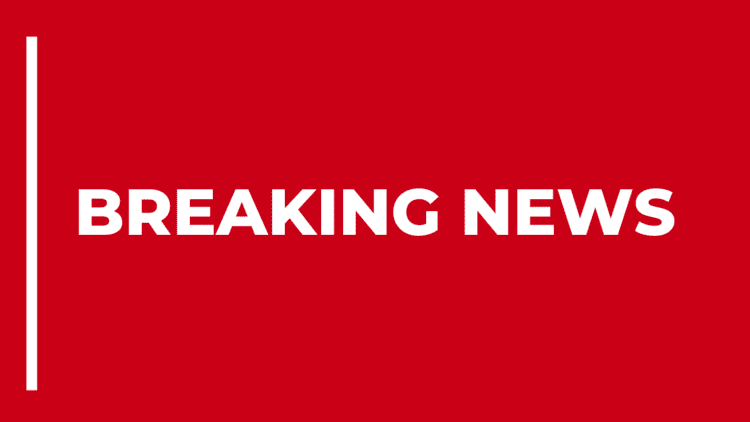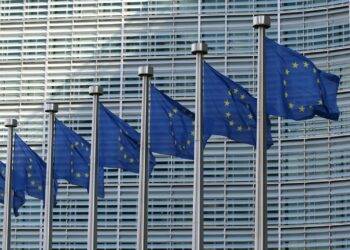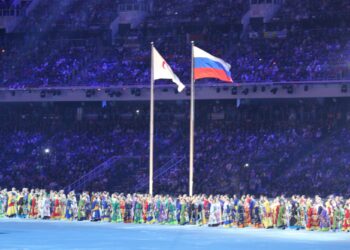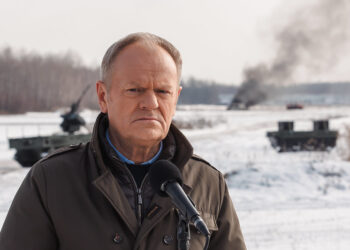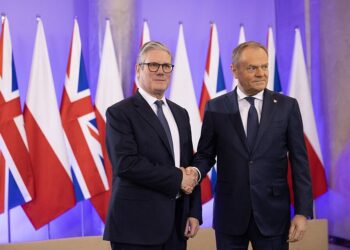In a landmark decision, the European Union’s 27 member states have unanimously agreed to a €50 billion aid package for Ukraine, announced Charles Michel, President of the European Council, on the platform X. This agreement, reached during a special EU summit in Brussels, marks a significant step forward in the EU’s commitment to supporting Ukraine amidst its ongoing conflict.
The aid package is part of the EU budget and is designed to provide Ukraine with stable, long-term, and predictable funding. This move not only underscores the EU’s leadership role in supporting Ukraine but also reflects the collective understanding among EU leaders of the stakes involved in the conflict.
The agreement comes after a period of uncertainty, where Hungary’s Prime Minister Viktor Orbán initially vetoed the EU’s proposal to provide the €50 billion aid to Ukraine, along with a revision of the EU budget for 2021-2027. The veto had raised concerns about the unity and decision-making process within the EU, especially in terms of its ability to respond swiftly to international crises.
The revised EU budget proposal includes not only the aid package for Ukraine but also increases funding for migration and border management by €2 billion, neighborhood policy by €7.6 billion, and the European Defence Fund by €1.5 billion. These adjustments reflect the EU’s broader strategic priorities, including security and defense, in response to evolving global challenges.
- Follow us on X (Twitter) to stay up to date with News from Poland.
The special summit on February 1 was called by Michel as an effort to break the deadlock and reach a consensus among all member states, including Hungary. The agreement signifies a successful diplomatic effort to unify the EU’s stance on supporting Ukraine and highlights the EU’s adaptability in overcoming internal disagreements for a common cause.
This unanimous decision sends a strong message of solidarity with Ukraine, demonstrating the EU’s commitment to supporting its resilience and sovereignty in the face of aggression. It also represents a pivotal moment in EU foreign policy, showcasing the bloc’s ability to unite around significant financial commitments to uphold European values and stability.
As the EU continues to navigate the complexities of its relationship with Ukraine and the broader geopolitical landscape, this agreement serves as a testament to the strength of European unity and the shared resolve to support democracy and peace in the region.

